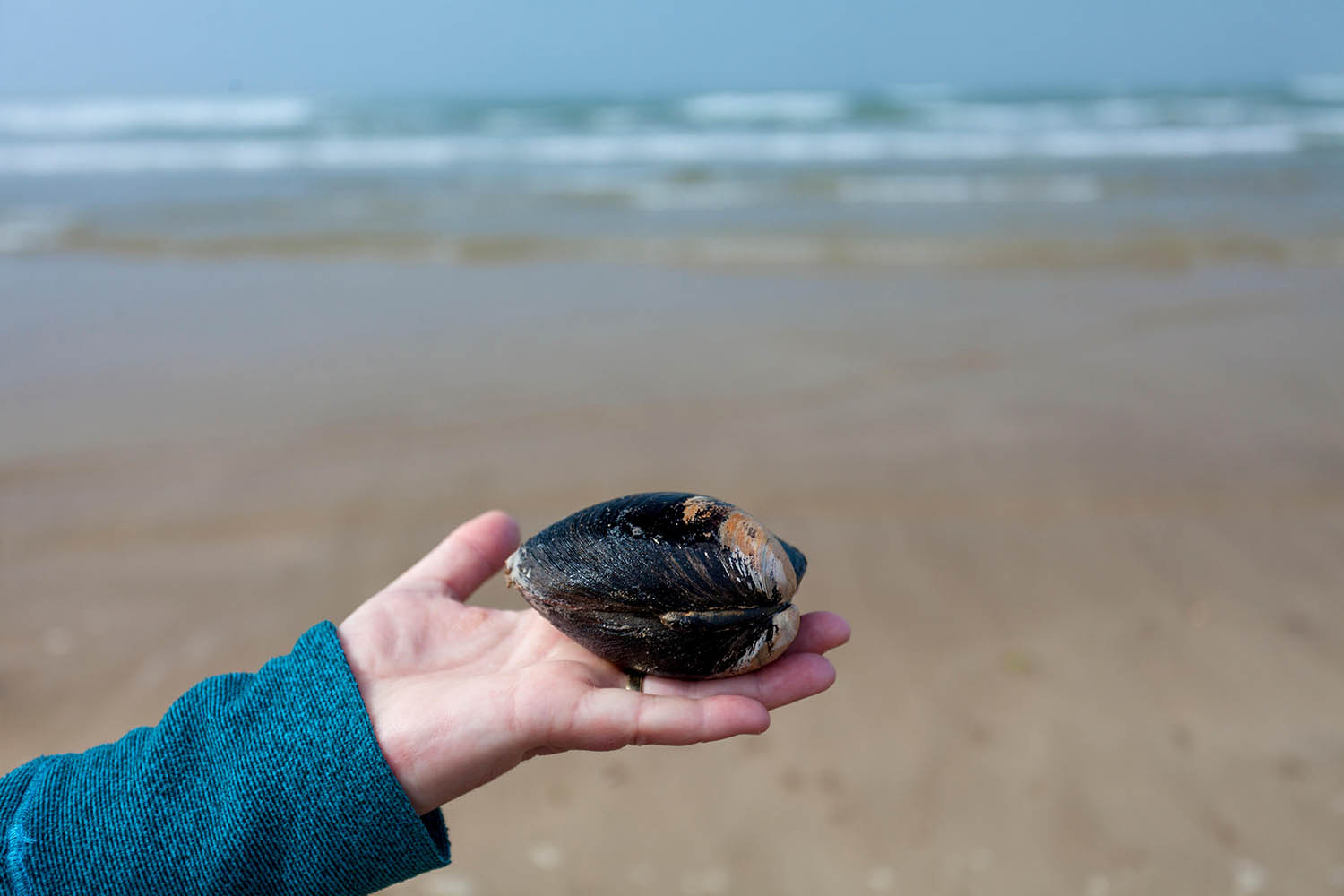A species of mollusc that can live for more than 500 years will be protected by a proposed ban on bottom trawling off the English coast in vulnerable marine habitats.
Consultation documents published by the government on the proposed ban cite research revealing that ocean quahogs have a mortality rate of up to 90% when they are caught in beam trawls, apparatus used to target seabed fish. The quahog is found in four marine protected areas off the north-east coast.
The government is consulting on banning bottom trawling to protect sensitive habitats across 41 marine protected areas in English waters. Ministers announced the proposed ban after the documentary Ocean, presented by David Attenborough revealed the devastating global impacts of bottom trawling.
“Ocean quahog populations in the North Sea are often highly skewed, containing either adults or juveniles as opposed to representatives of both age class,” the documents state. “This is likely due to direct mortality through bottom-towed gear.”
Speaking at the UK River Summit last week, Emma Hardy, an environment minister, said: “We have these amazing little creatures living on our ocean floor that have been there over 500 years. We should save the quahogs.”
A quahog found in Iceland in 2006 was reported to have died at the age of 507, and was named Ming the clam because it hailed from the age of the Chinese dynasty.
Amy Hammond, from the marine conservation organisation Oceana UK, said a ban on bottom trawling was vital to protect marine life, including the quahog. She said: “The government’s proposed bans are a lifeline for the threatened and declining ocean quahog clam. These extraordinary animals can live for half a millennium, quietly improving water quality, providing habitat, and locking in carbon storage.”
Photograph by Alamy
Newsletters
Choose the newsletters you want to receive
View more
For information about how The Observer protects your data, read our Privacy Policy

